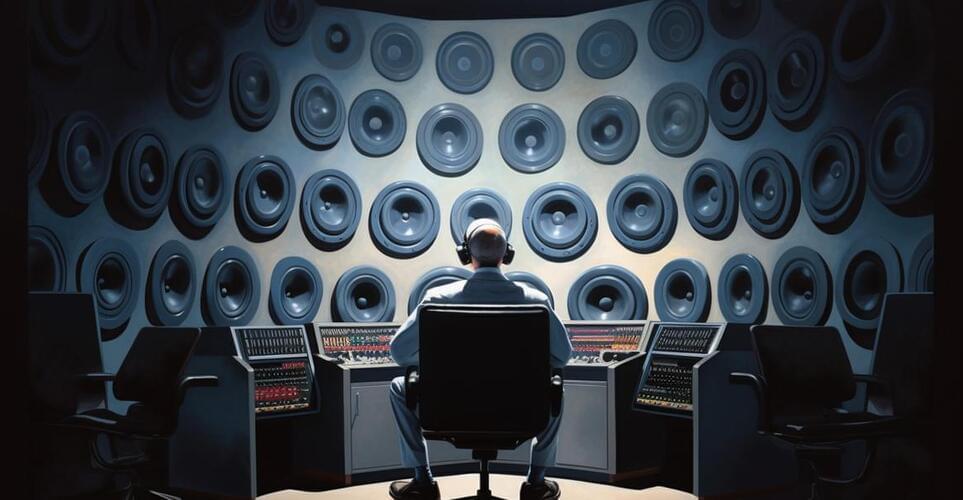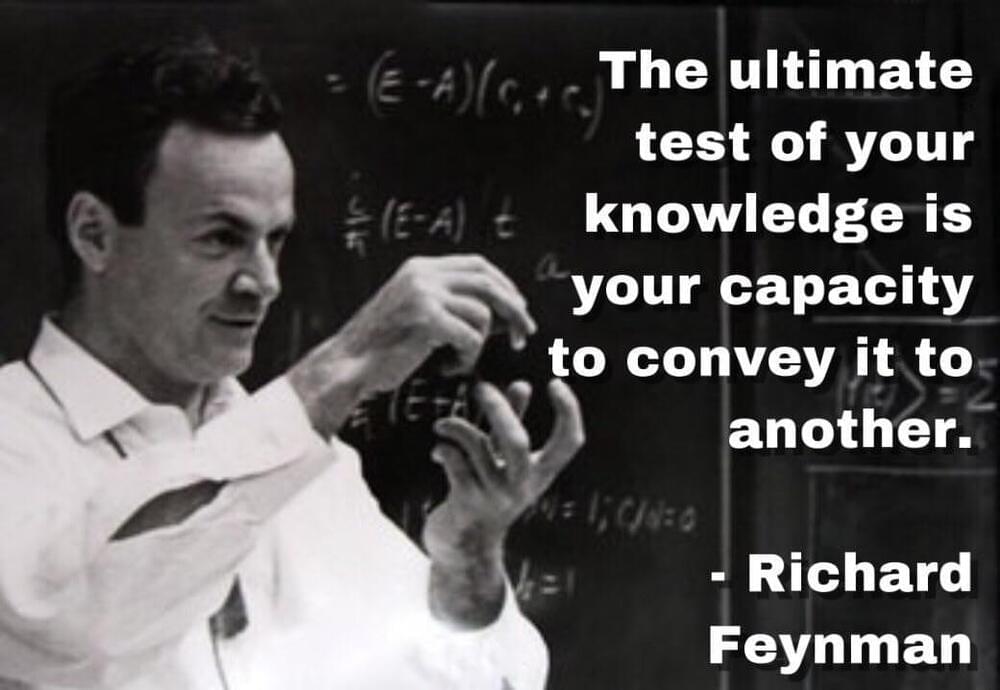A discussion of the fascinating concept of space folding as it is presented in the Dune legendarium. In order to fill the needs of the vast interstellar empire of Frank Herbert’s universe the mechanism of space-folding is heavily relied upon. This form of faster-than-light travel enables spaceships to traverse astronomical distances instantaneously, and has proven crucial in shaping its social, economic, and political dynamics. Spoiler warning if you are unfamiliar with Frank Herbert’s Dune.
Nerd Cookies PATREON: https://www.patreon.com/nerdcookies.
Nerd Cookies DISCORD: https://discord.gg/bq9kuFEeuB
Twitter: https://twitter.com/nerd_cookies.
Follow me on TWITCH: https://www.twitch.tv/nerdcookiearcade.
Music Credits:
Background Music: Marion — Move on.
Spotify https://spoti.fi/2WIOrmr.
Apple Music https://apple.co/2GiNbNp.
Instagram https://www.instagram.com/marion_music_/
Facebook https://www.facebook.com/vecerekmichal/
Soundcloud https://soundcloud.com/marion-1
https://www.youtube.com/channel/UCxaF4t9buSTNzdRYnIu8qJQ
Bandcamp https://marionmusic.bandcamp.com.
Twitter https://twitter.com/vecerek_michal.
Art Credits.
(if I missed your credit or miscredited a photo please let me know via email at [email protected])
In order of appearance:
Opening Guild Heighliner Image & several others by Alex Jay Brady — Check out Alex Jay Brady’s Instagram! https://www.instagram.com/alexjaybrady.
Guild Heighliner Image by Euderion https://www.deviantart.com/euderion.
Guild Navigator by Alexandre Gianfreda Ferrailleur https://www.artstation.com/alexandregianfreda.
Guild Navigator by Marc Henry https://www.artstation.com/marcrapachhenry.
Heighliners by Julian Faylona https://www.artstation.com/elementj21
Dune No-Ship on Arrakis by Ville Ericsson https://www.artstation.com/villeericsson5
Guild Navigator by Daniel Martin https://scrolller.com/guild-navigator-by-daniel-martin-8f1x4gv6it.
All the videos, songs, images, and graphics used in the video belong to their respective owners and I or this channel does not claim any right over them.
*Fair Use*

